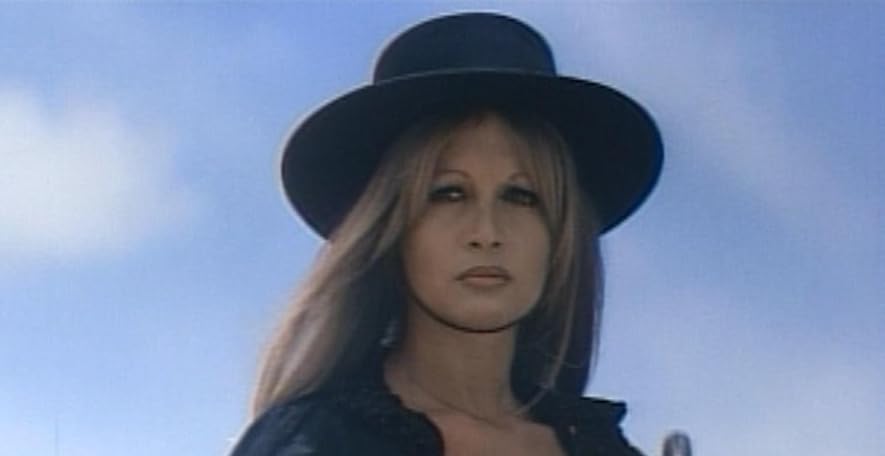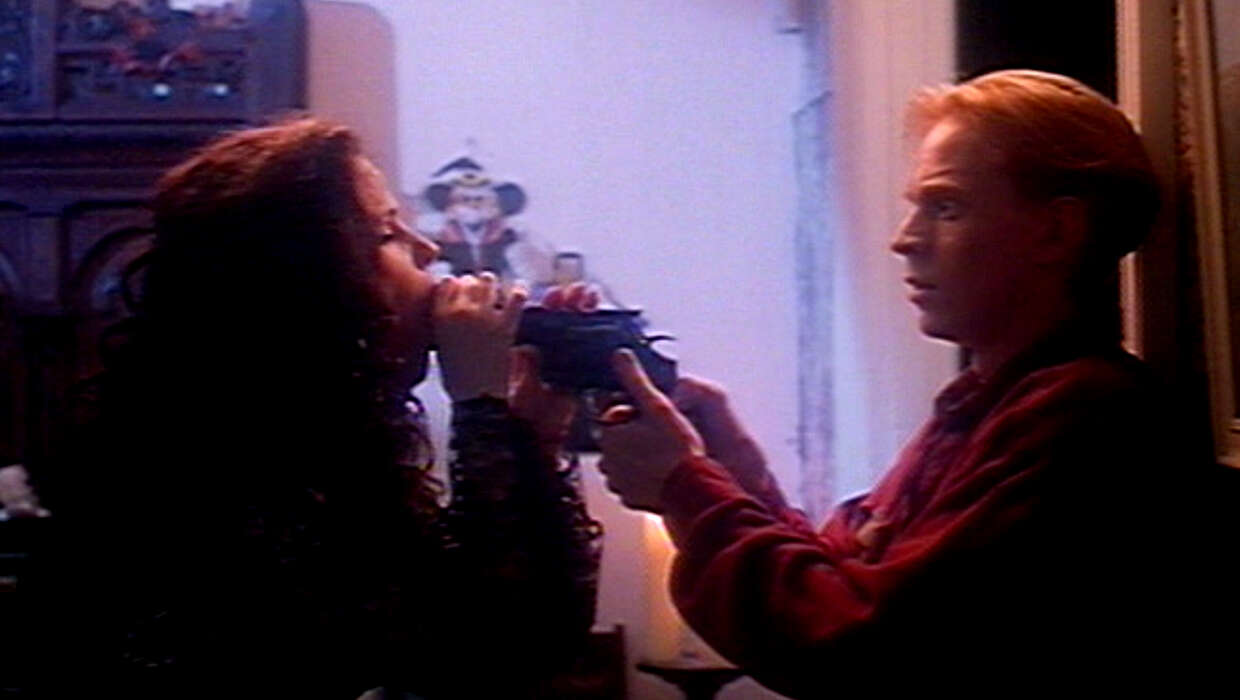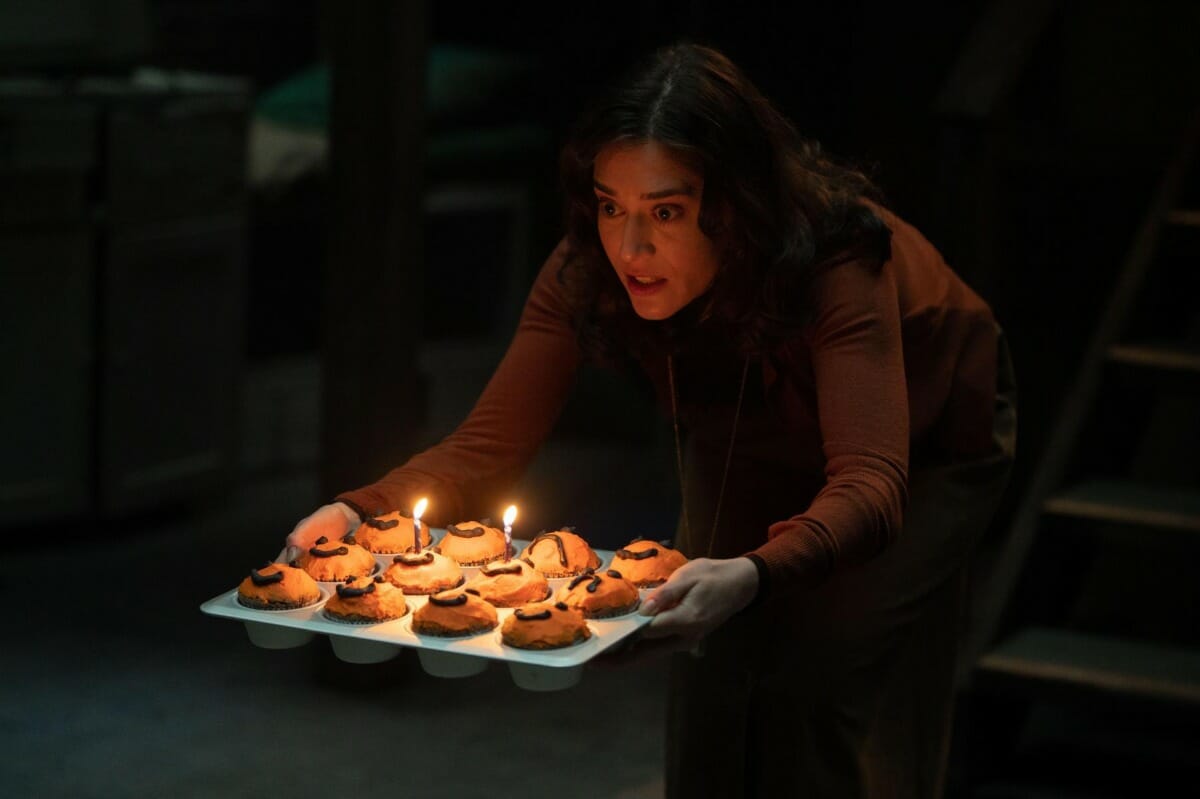Decision at Sundown (1957)
![]()
Decision at Sundown (1957) Directed by Budd Boetticher
Burt Kennedy’s screenwriting is sorely missed in this passive western from the collaborative cycle of Randolph Scott and producer Harry Joe Brown. Budd Boetticher’s Decision at Sundown kicks off somewhat in medias res, Bart Allison (Randolph Scott), a snarky gunfighter hungry for revenge, arrives in the subjugated town of Sundown with his partner Sam (Noah Beery Jr.) to slay the rapacious Tate Kimbrough (John Carrol). The mushy screenplay written by Charles G. Lang creates a sort of mythological aura around Kimbrough’s name and the ostentatious power that gravitates to his figure as the political master of his townie sycophants. However, the elusiveness of his character as the central villain in the story quickly loses its mystique when the drama veers into an erratic shootout and Bart’s vengeful vehemence into a morality tale. There is much hidden potential in the political discourse of Boetticher’s visuals – the splendid Technicolor cinematography highlights the contrasts of a severe moral crisis in the town of Sundown – the townspeople see Scott’s character as a threat to their tranquil, frivolous lives, but then the rancor and fears evolve into respectability and subversion; Bart becomes an inspiration in the eyes of the fearful townspeople under Kimbrough’s rule. The simple and dynamic canvas, though unctuous, is adequate to flesh out a western of this caliber, but the emotions are indifferent to it. Bart’s vindictive mood is never consummated, underwhelming not only the psychological realism of the character but also his entire audience who expect a forceful operatic retribution. Such storytelling maneuvering is just pathetic for a post-war western.






